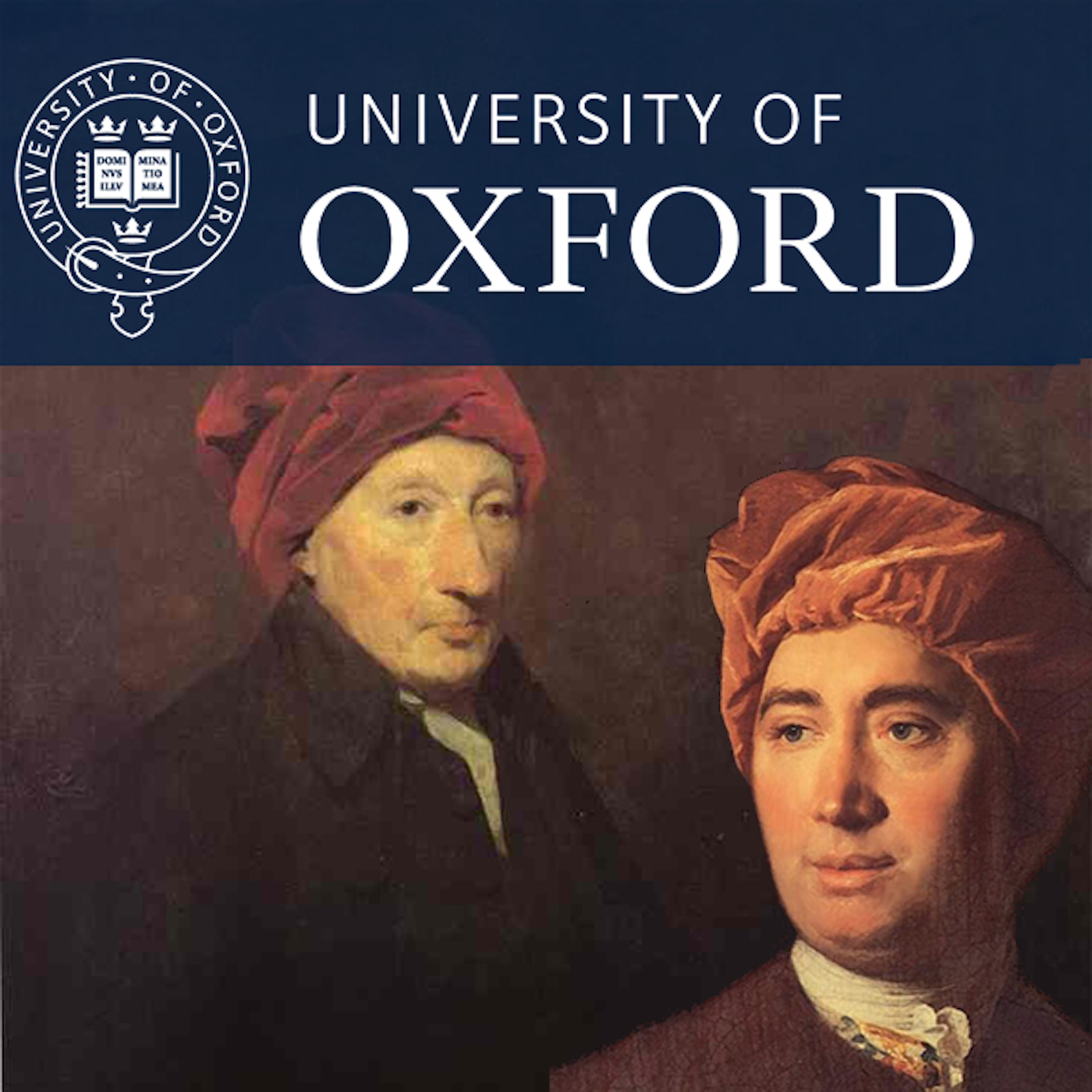Hume’s “Sentimentalist” Theory of Morals
Description
The seventh part of Professor Dan Robinson's series on Reid's critique of David Hume. In his Enquiry Concerning the Principles of Morals [1751], Hume states: “The final sentence, it is probable, which pronounces characters and actions amiable or odious, praise-worthy or blameable; that which stamps on them the mark of honour or infamy, approbation or censure; that which renders morality an active principle and constitutes virtue our happiness, and vice our misery; it is probable, I say, that this final sentence depends on some internal sense or feeling, which nature has made universal in the whole species”. The ruling motives are shaped by considerations of utility. “The rage and violence of public war; what is it but a suspension of justice among the warring parties, who perceive, that this virtue is now no longer of any USE or advantage to them? The laws of war, which then succeed to those of equity and justice, are rules calculated for the ADVANTAGE and UTILITY…”
Creative Commons Attribution-Non-Commercial-Share Alike 2.0 UK: England & Wales; http://creativecommons.org/licenses/by-nc-sa/2.0/uk/
More Episodes
The final part of Professor Dan Robinson's series on Reid's critique of David Hume. “Like all other sciences, morals must have first principles, and all moral reasoning is based on them... In all rational belief, the thing believed is either a first principle or something inferred by valid...
Published 05/14/14
The sixth part of Professor Dan Robinson's series on Reid's critique of David Hume. In the third of his Essays on The Intellectual Powers of Man, Reid devotes the fourth chapter to the concept of 'identity', and the sixth chapter to Locke's theory of 'personal identity'. This latter chapter is...
Published 05/14/14
The fifth part of Professor Dan Robinson's series on Reid's critique of David Hume. “There are some philosophers who imagine we are every moment intimately conscious of what we call our self; that we feel its existence and its continuance in existence; and are certain, beyond the evidence of a...
Published 05/14/14


